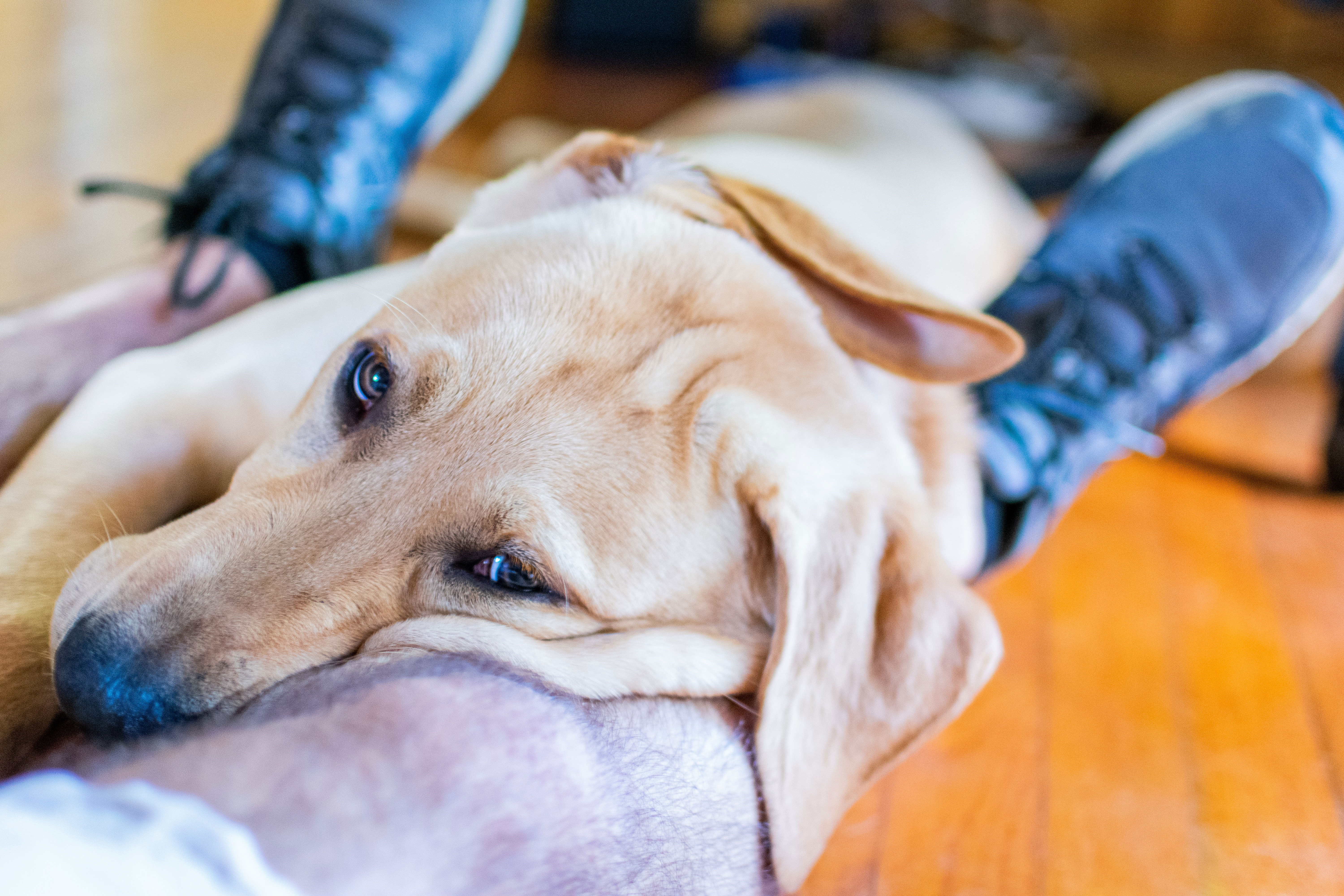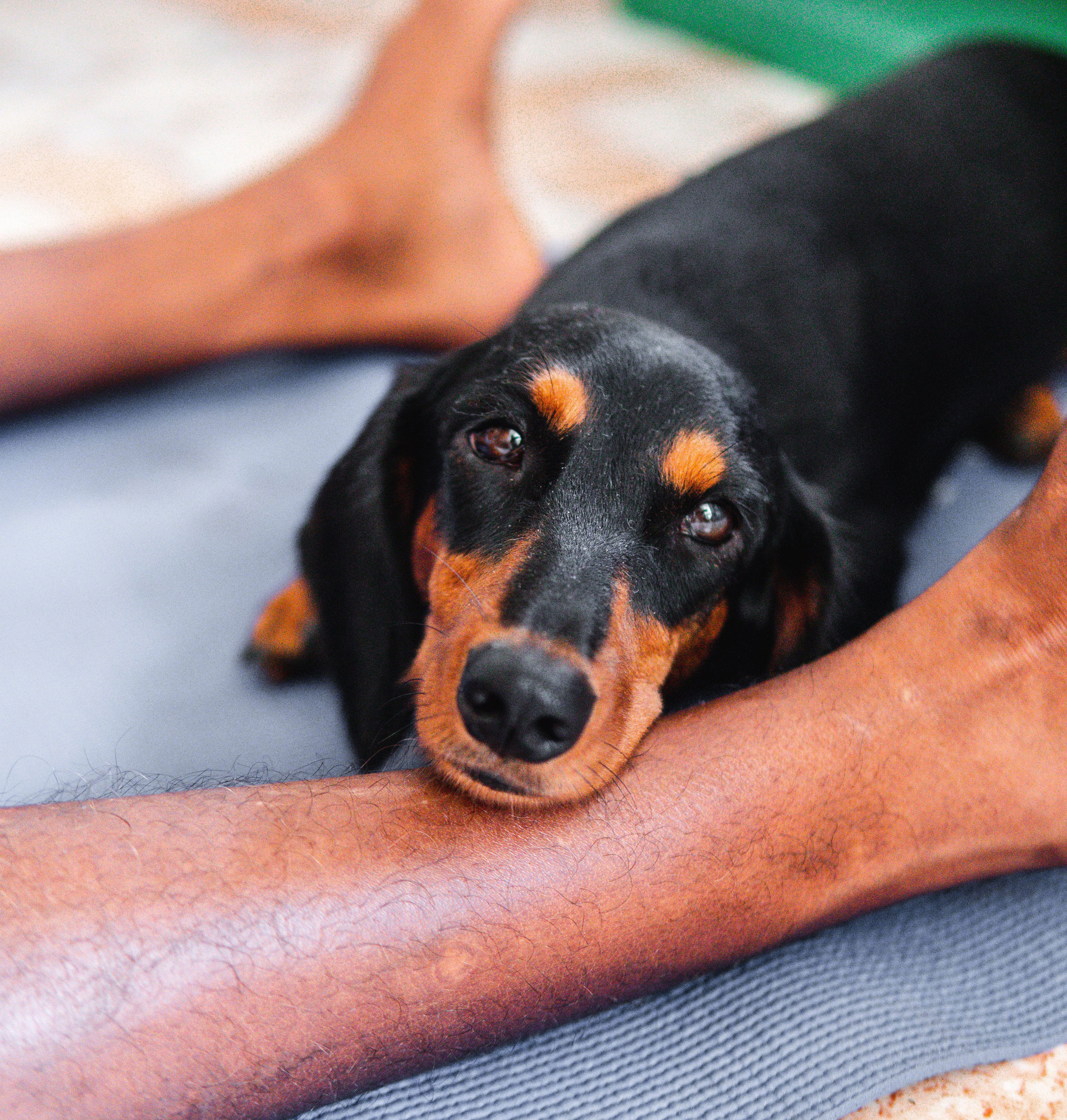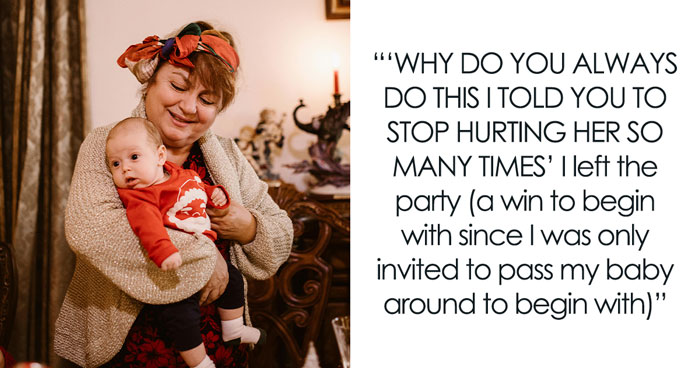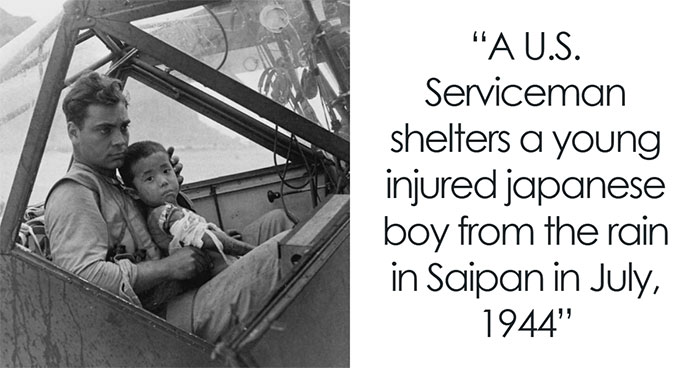Dogs, our faithful companions, frequently unveil behaviors that tug at our heartstrings, and one of the most appealing acts is when they choose to lay at our feet. This seemingly innocuous gesture holds deeper connotations rooted in canine instincts and their sole ways of expressing affection.
In this comprehensive exploration, we will delve into the complexities of why dogs exhibit this behavior, with a specific focus on two vital aspects: why do dogs rest their head on your feet, and why do dogs rub their head on your feet.
- Dogs lay at feet as a sign of love and pack mentality.
- Resting their head on feet shows dog's trust and affection.
- Rubbing their head on feet marks owners with their scent.
- Body heat and comfort are reasons dogs sleep at feet.
- Encouraging the behavior can strengthen the human-dog bond.
The information provided herein is for informational purposes only. Please refer to our disclaimer for more details..
- Dogs Lay on Your Feet – A Sign of Unconditional Love
- Why Do Dogs Lay on Your Feet? Decoding Canine Affection
- Understanding the Dynamics of Laying on Your Feet
- Why Do Dogs Rest Their Head on Your Feet?
- Why Do Dogs Rub Their Head on Your Feet?
- Training Your Dog to Lay at Your Feet – The Right Way
- Nurturing the Canine Connection
- Conclusion
Dogs Lay on Your Feet – A Sign of Unconditional Love
Laying by your feet is witnessed in both domestic and wild canines, and is deeply ingrained in the group mentality that dogs inherit from their wild ancestors. Dogs are pack animals, and by sitting on your feet, they are symbolically placing themselves under your protection and acknowledging you as the leader of the pack.
Why Do Dogs Lay on Your Feet? Decoding Canine Affection
When your dog friend lay on your feet, it goes beyond a simple act of physical proximity. This behavior is a deep manifestation of unconditional love, trust, and a deep-seated connection between you and your furry companion.
A Pack Mentality Display
Dogs are descendants of pack animals, and their behavior often reflects this ancestry. When a dog lies at the feet, they are naturally adhering to the pack mentality. In the wild, packs huddle together for warmth, guard, and a sense of belonging. By sitting at your feet, your dog is not only in search of physical warmth but also reassuring their place within the familial pack—perceiving you as the leader and protector.
Guarding and Marking Territory
This behavior is not only an adorable sign of affection but also a subtle act of guarding and marking their territory. Dogs, whether in the wild or domesticated, have a strong instinct to protect their pack and mark their space. When a pup lays on its owner’s feet, they are leaving its scent, marking you as an integral part of its territory and reinforcing the bond between pet or family members.
The Role of Body Heat
Dogs are known for their kinship for warmth, and your feet provide a comfortable spot for them to cuddle. In colder climates or during chilly evenings, your dog may lay on your feet as a means to soak up your body heat. This dual-purpose behavior not only provides physical ease but also fosters emotional nearness between you and your pet.
Understanding the Dynamics of Laying on Your Feet
Understanding why dogs sit on human feet involves knowing the interplay of their instincts, ways of showing feelings, and the deep bond they share with their owners. Taking a moment to appreciate this behavior as an integral part of canine communication allows you to reciprocate their devotion and strengthen the unique connection you share.
Encouraging Positive Behavior
Encouraging your canine’s propensity to lay or sit on your feet can strengthen your bond. Positive reinforcement, such as gentle petting or verbal praise when they exhibit this behavior, reinforces the impression that their proximity is welcomed and valued. It’s necessary to notice your mutt’s cues and react accordingly, creating a positive milieu that nurtures their instincts.
Why Do Dogs Rest Their Head on Your Feet?
Many dog owners find it fascinating when their dog tend to rest their heads on their feet. This kind act, accompanied by soulful eyes, conveys important message about the close relationship between dogs and their owners.
Head Resting as an Expression of Affection
When a dog rests its head on your feet, it is a poignant expression of love. This act is analogous to a human depending on a loved one for support and comfort. The gentle weight of your dog’s head carries a message of vulnerability, trust, and a strong personal attachment. It serves as a silent acknowledgment of your role as their guardian and amigo.
Dogs Sleeping at Your Feet – Comfort and Pack Instinct
In addition to sitting or laying dogs may also choose to sleep at your feet. This behavior goes beyond mere affection; it reflects the comfort your dog finds in your presence. Similar to wild dogs that huddle together for warmth and protection during sleep, your dog may sleep at your feet to feel secure and maintain a strong pack bond.
Seeking Reassurance and Comfort
Dogs, like humans, experience moments of vulnerability and uncertainty. Resting their head on your feet is a way for them to seek reassurance and comfort. This behavior is particularly evident during thunderstorms, fireworks, or unfamiliar situations. Your feet become a source of solace, and the gentle pressure of their head provides them with a sense of security in the presence of their trusted human.
A Symbol of Submission and Trust
In the intricate world of canine communication, the act of resting the head is also a sign of submission and trust. By placing their vulnerable head in your care, dogs are acknowledging your role as the leader of their pack. This submission is not a display of weakness but a profound gesture of trust, emphasizing the deep bond forged between you and your dog.
Why Do Dogs Rub Their Head on Your Feet?
In addition to laying and resting, dogs often unveil the behavior of rubbing their heads against their owner’s feet. This seemingly basic behavior carries multifaceted meanings deeply embedded in canine communication and social dynamics.
Marking Affection through Head Rubbing
When your dog rubs their head against your feet, it is a clear sign of marking you with their aroma as an expression of friendliness. Dogs have smell glands on their heads, and this behavior is a way of showing you as a cherished part of their pack. The familiar scent soothes them and reinforces the emotional link they share with you.
Reinforcing Bond and Pack Hierarchy
Head rubbing is also a means for dogs to reinforce the bond and pack hierarchy. In the wild, pack members often engage in reciprocal grooming and scent-sharing rituals. By rubbing their head on your feet, your dog is outspreading this intuitive behavior, fortifying the affiliation between you and solidifying your position as the front-runner of their pack.
Communication and Trust Building
Head rubbing serves as a form of communication and trust-building in the canine world. Dogs interact through scent, and when your dog rubs their head on your feet, they are not only tagging you but also communicating their loyalty and assurance. It’s a non-verbal exchange that speaks volumes about the depth of your relationship.
Deciphering Canine Behavior
Understanding why doggies love to lay at your feet entails decoding their complex communication methods and accepting their innate habits. Dog owners must take a moment to witness and evaluate these actions, recognizing them as signs of fervor and faith.
Training Your Dog to Lay at Your Feet – The Right Way
If you wish to persuade your dog to sit on your feet, proper training is essential. Begin by encouraging the behavior with treats and praise when your dog sits voluntarily on your feet. Use reward-based techniques to associate the action with a positive experience. Consistency is key in training, so be patient and persistent.
Nurturing the Canine Connection
By taking the time to notice your dog’s cues, whether it’s laying at your feet, resting their head, sitting on your feet or rubbing against you, you can respond with positive reinforcement. This positive interaction helps build trust and reinforces the idea that your presence brings comfort and security.
If your dog displays signs of anxiety such as excessive panting, feeling anxious, whining, or destructive behavior when separated from you, it’s essential to address the underlying issue.
Dogs may resort to these behaviors when feeling nervous. In such cases, consulting with a professional dog behaviorist can provide insights into the root cause and offer guidance on how to create a supportive environment for your furry friend.
Conclusion
In conclusion, the seemingly simple acts of a dog sitting on your feet, resting their head, or rubbing against you are powerful expressions of love, trust, and communication. Dogs, with their unique blend of instinct and emotion, communicate their deepest feelings through these actions. As responsible pet owners, it is our privilege to decode this language, respond with care, and foster a relationship with our canine companions built on love, understanding, and the unspoken connection that transcends words.
2Kviews
Share on FacebookI likes dogs as anyone, but maybe spread out the articles over the whole week and not all on one day? 👍🙂
I'm starting to wonder if BP nicked these articles from somewhere without asking the original author (even though the authors "seem" to have accounts on BP.) Maybe that's why we're getting 500 dog articles at once and they are all on really obvious things like "Why do dogs pant? 5 different reasons that you all knew by the time you were 6!"
Load More Replies...My first rescue Doberman always wanted to sleep against my back, if I turned she let out a sigh and stepped over me to yet again cuddle up behind me. Miss her still after having had to put her to sleep in 2001 💔 Her name was Chayenne and stole my heart
We become so attached to them. My little dog has a bedtime routine that we must do each night before bed. If she goes before I do I can't imagine what bedtime will be like.
Load More Replies...I likes dogs as anyone, but maybe spread out the articles over the whole week and not all on one day? 👍🙂
I'm starting to wonder if BP nicked these articles from somewhere without asking the original author (even though the authors "seem" to have accounts on BP.) Maybe that's why we're getting 500 dog articles at once and they are all on really obvious things like "Why do dogs pant? 5 different reasons that you all knew by the time you were 6!"
Load More Replies...My first rescue Doberman always wanted to sleep against my back, if I turned she let out a sigh and stepped over me to yet again cuddle up behind me. Miss her still after having had to put her to sleep in 2001 💔 Her name was Chayenne and stole my heart
We become so attached to them. My little dog has a bedtime routine that we must do each night before bed. If she goes before I do I can't imagine what bedtime will be like.
Load More Replies...
 Dark Mode
Dark Mode 

 No fees, cancel anytime
No fees, cancel anytime 



 Image credits:
Image credits:  Image credits:
Image credits: 
























10
6